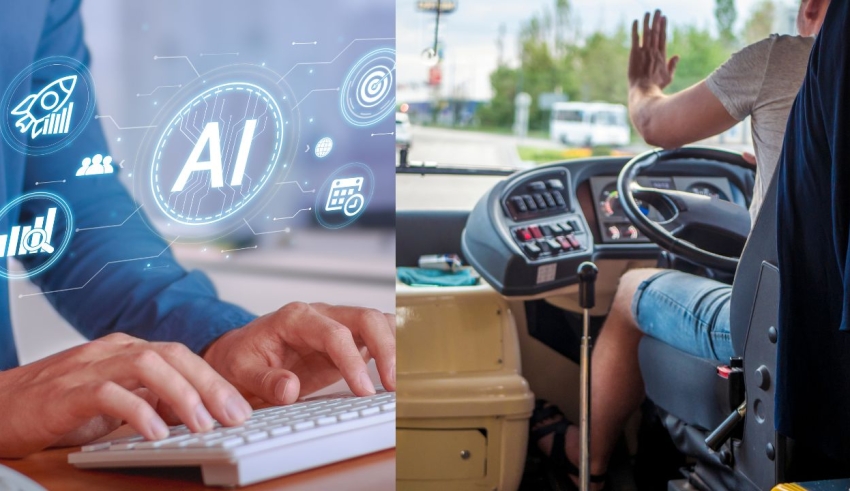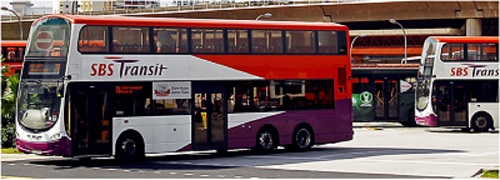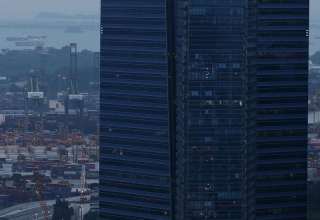
Singapore’s leading bus operator SBS Transit plans to start testing its innovative AI-braking system in early 2026. Working with Chinese AI firm Streamax and local surveillance company TNT, the AI braking system aims to redefine Road Safety measures on Singapore’s entire bus network. With radar sensors and high-speed cameras installed, the system can see hazards up to 150 meters ahead of the car and react in just 40 milliseconds a time faster than a human could react. By means of automatic controlled braking, the technology seeks to avoid collisions and injuries to passengers, which should make people’s journeys safer and less jarring.

AI-Driven Braking for Safer Streets
Provided with machine learning algorithms, the braking system helps buses quickly react to perils that escape the attention of drivers. Prefering gentler, less abrasive braking over harsh emergency braking, the technology maintains the safety-and-comfort of passengers. Paying a studious little attention to the frame’s brakes, the system will help to protect riders, and especially unsecured ones, from the threat of injury. In event of unavoidable collisions, the system softens the braking thereby reducing the impact thereby reducing damage and protecting passengers.
Studded with the real-time-data features, the system streams live video streams and GPS coordinates directly into SBS Transit’s operation control center. In this way, it makes emergency management better controlled and improves operational oversight. Adapting braking forces to factors such a weather, driving speed and road traffic, the system provides a reliable safety mechanism.
Aligning with National Safety Goals
This pilot is in line with the adopted safety aims of Singapore’s national bus safety task force introduced in July 2024. The task force put forward improvements in safety procedure, technology integration, and drivers’ working conditions. SBS Transit is having the work that its parent organization, ComfortDelGro commenced – whereby the organization had rolled out such systems in private buses since 2019.
New buses in other countries such as London since 2024 are supposed to have advanced emergency braking systems installed according to regulations of the city. The adoption of this technology by Singapore is a reflection of a worldwide shift to use artificial intelligence for public transit safety.
Read Also:
Singapore Gears Up for Futuristic Self-Driving Buses by 2026



















